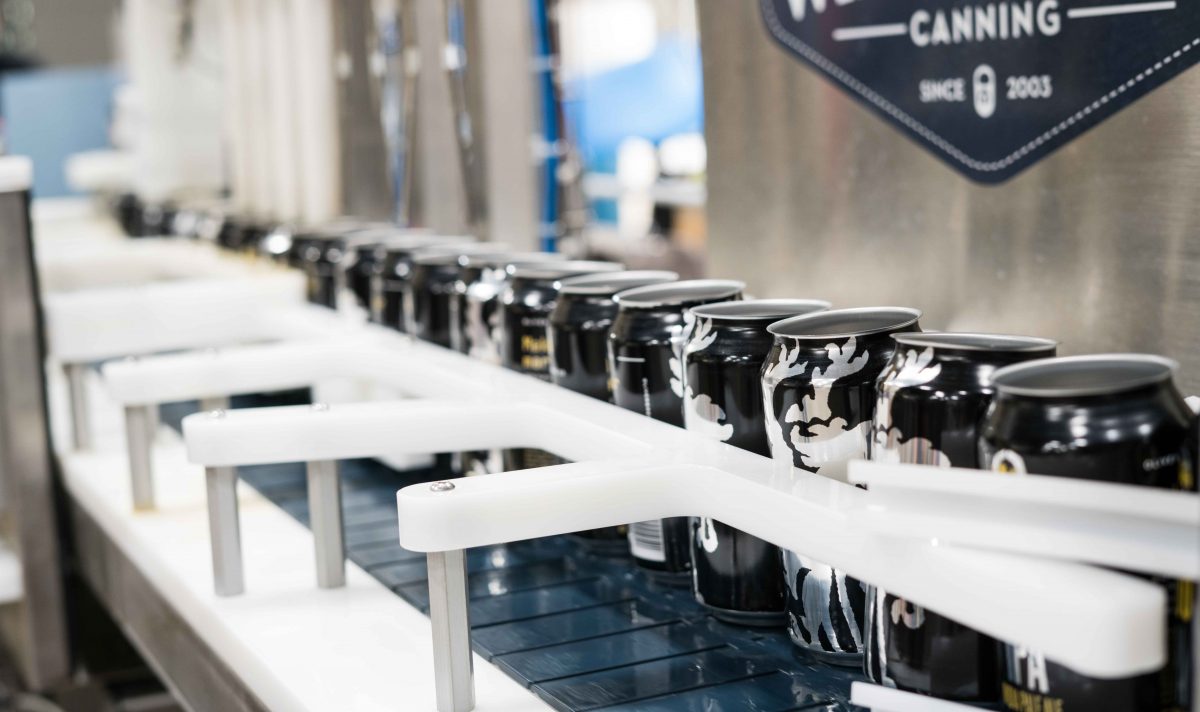
This is a guest post from Goldbeck Recruiting Inc.
Today’s operations managers continue to experience the massive overhaul in technology that’s triggering exciting new trends. Those who are looking to thrive as this technology continues to evolve can champion more effective means of productivity and increased workplace morale.
Within recent years, the term operations management has experienced an evolution. It was once considered merely within the context of manufacturing. However, “Operations is and has always been what gives an organization the power to act: to create value for its customers; to capture value for its shareholders; and to share value with its ecosystem” (1).
This definition of operations management has been radicalized by the technology we experience today. Simply put, “In the era of ubiquitous digital technologies, operations empowers an increasing variety of organizations, ever more modular, connected, and distributed, ever more centered on software and data” (1).
At Goldbeck Recruiting, we recruit some of the top operations managers in Vancouver. We’ve compiled this list of recent trends for operations managers that companies like Canadian Alliance have already experienced.
MOBILE COMMUNICATION TOOLS
For years, mobile communication tools have been used by regular people in their everyday lives. From smartphones to the Intranet, many types of mobile communication tools have provided people with connectivity, easier communication and much more.
It didn’t take long for these mobile communication tools to spur a chain reaction within operations where they are used to enhance workplace productivity and communication. This type of communication has become a key trend for operations managers. When we consider mobile communications tools “…it’s important to keep in mind that leadership and frontline workers might take different criteria into account as it relates to their scope of work and priorities” (2).
Slack is just one app that’s changing the way operations managers can direct tasks and communication. It’s a team chat app that can be used between a computer and phone. Not only does it cut down on unnecessary emails, but it can help operations managers keep track of tasks and team progress more effectively. This is just one of many forms of mobile communication that’s changed the workplace. Operations managers can experiment with many types of organizational apps available to accommodate their specific needs.
AUTOMATED TECHNOLOGY
Automated technology is another trend that’s helping managers handle operations. Examples include different forms of artificial intelligence such as robots and software. AI can be used to do any number of things, including chatting with a potential customer via the company’s website or keeping track of data so that operations managers don’t have to.
Automated technology can help operations managers because it “…reduces manual intervention in the manufacturing process. It increases productivity and reduces the margin of error thereby facilitating economies of scale” (3). It’s important to note that automation technology isn’t a one-size-fits-all solution; it must fit the specific needs that differing work environments require in order to produce optimal results.
With so many companies, including Canadian Alliance, interested in automated technology, jumping onto the bandwagon could be an advantage for driving organizational performance, according to Forbes.
“Advances in artificial intelligence, robotics, and automation, supported by substantial capital investments, are fuelling a new era of intelligent automation, which is likely to become an important driver of organizational performance in the years to come. It is important for companies in all sectors to understand and adopt intelligent automation, or risk falling behind” (4).
Workplaces and operations managers will have to weigh the pros and cons of automated technology, according to Supply Chain Dive.
“Organizations will also have to consider the positive and negative impacts planning automation can have on their workforce. By eliminating some manual tasks, a company may be able to put workers on more productive tasks and value-added activities” (5).
PRIORITIZING PEOPLE
With all this technology entering workplaces, more companies have started prioritizing their people. Operations managers can lead this movement to help improve work performance and identify areas which can be improved upon.
Although we tend to think of operations managers within the context of the more technical things they control, “people are an essential component of any business structure. In such a tight labour market, where job seekers have many options in choosing a workplace, the importance of investing in improving company culture, and incorporating employee feedback on it, cannot be overstated” (2).
One way of connecting and learning from other workplace members is to take result-oriented steps to make direct improvements within operations. For example, instead of just gathering sales figures analytics, gathering employee feedback through surveys can improve goal alignment and transparency (2).
…
The latest trends for operations managers are powerful, changing business and work environments, according to the Harvard Business Review.
“The recent ubiquity of digital technology and its exploding range of applications in web services, mobile, and now the internet of things means that the development and delivery of software services is starting to transform the very fabric of our business and operating environments. If the essence of operations is providing economic agents with “the power to act,” digital technology is transforming the nature by which that power is defined and delivered” (1).
For a leading logistics company such as Canadian Alliance, this power to act promises to have the top operations managers in Vancouver under its wing for years to come.
Cited Works
-
https://hbr.org/2015/06/the-history-and-future-of-operations
-
https://blog.beekeeper.io/5-important-trends-operations-management/
-
(https://www.managementstudyguide.com/managing-technology-in-operations-management.htm)
-
https://www2.deloitte.com/insights/us/en/focus/signals-for-strategists/intelligent-automation-a-new-era-of-innovation.html
-
https://www.supplychaindive.com/news/path-to-no-touch-supply-chain/540377/
